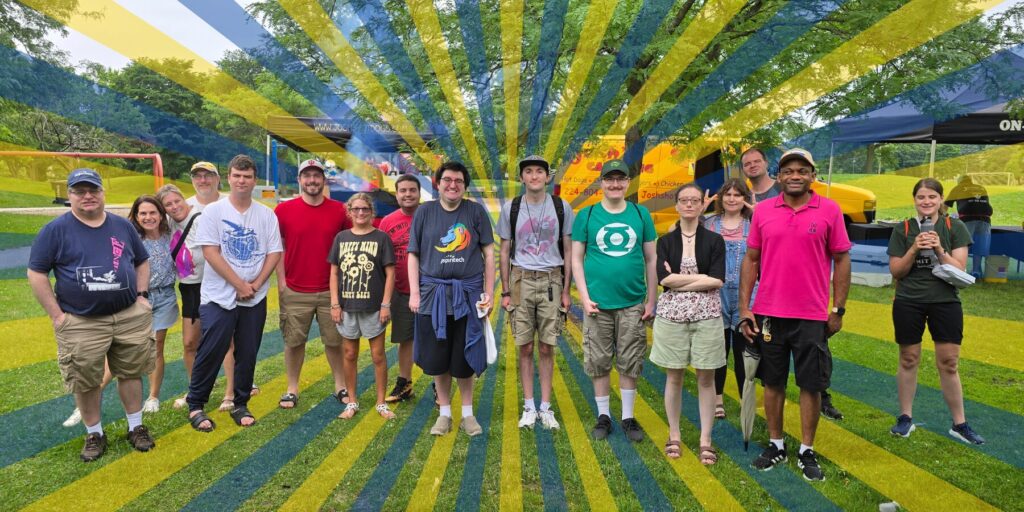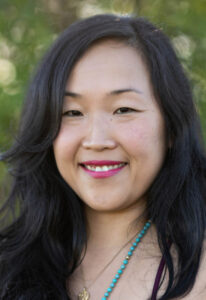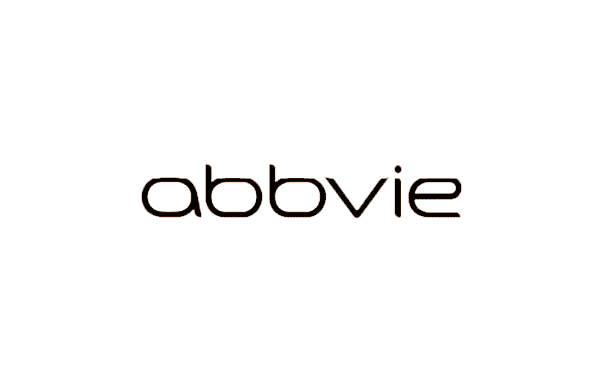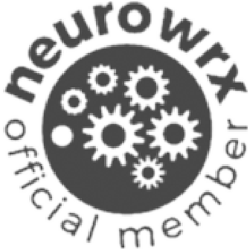I used to want to crack a plate in half over my knee when people would say “it’s a man’s world.” It’s everyone’s world. Women are not second class citizens. We comprise approximately half the world’s population. We can be many things, including badass and superbly capable. We are equals.
Yet if it is any indication of how conditioned society has been to see women as “less than”, consider Ruth Bader Ginsberg’s answer to being asked “When will there be enough women on the Supreme Court?” Her answer was “‘When there are nine.’ People are shocked. But there’d been nine men, and nobody’s ever raised a question about that.”
In my opinion, one of the least admirable characteristics of most if not all of the research that originally went into defining Autism Spectrum Disorder (ASD) is that it only studied males. Research studies consistently only enrolled small samples of women or left them out altogether.
In what apparently became a biased, self-validating feedback loop, some of the key standardized measures used to assess Autism ended up validating it only in males. They were neither researched for women nor designed to detect Autism in women.
It is patently unfair and rightfully inspires ire. Think of all the girls and women who were (and continue to be) under-served and under-supported as a result of not having an appropriate framework for understanding their needs.
For the most part, gender bias throughout scientific research remains unacceptably tolerated. Although equal representation and inclusivity shouldn’t be afterthoughts, one benefit of the passage of time is that more research on females with Autism has been conducted. So far, there have been some interesting findings.
One University of Cambridge study concluded that “the anatomy of the brain of someone with autism substantially depends on whether an individual is male or female.” One of this study’s conclusions was that “we should not blindly assume that everything found in males with autism applies to females. This is an important example of the diversity within the ‘spectrum’.” It has been said that women on the spectrum are often particularly adept at “masking” compared to their male counterparts. And they have generally been found to have less of the social impairments typically associated with Autism in men.
The key word here is “generally”. Like humans on a wider scale, everyone on the spectrum is unique. At the same time, it is important not to go numb to gender bias in psychological research. To keep the fire lit for equal representation until there is no more reason to fight. Until then, I do see one silver lining.
In the absence of having Autism in females clearly defined by an external source, women on the spectrum are feeling it out and defining it for themselves. Giving form and expression to experiences of being female on the spectrum, from the inside out (but with growing validation from the outside, too). Talking about it online and off, shedding light on other womens’ paths of self-discovery. I am reminded of what Shang Chi’s sister, Xialing, says in Marvel’s modern classic action film “Shang Chi and the Legend of the Ten Rings” (2021). When asked how she built a successful underground fight ring in Macau at the age of 16, Xialing — whose father favored her brother — replies, “If my dad won’t let me into his empire, I’m gonna build my own.”
While this is not a substitute for equal representation, there is power in defining who you are instead of having someone else define it for you, even in the face of oppressive patriarchy. It takes courage, moxie, and persistence. These days — especially these days — it is easy to get discouraged. But all that means is that it has never been more important to keep going, keep speaking up, keep being “difficult”, keep taking charge, keep defying expectations, and keep bringing the truth of equality progressively closer into our ever present reality.
“I don’t say women’s rights — I say the constitutional principle of the equal citizenship stature of men and women.” – Ruth Bader Ginsberg





















